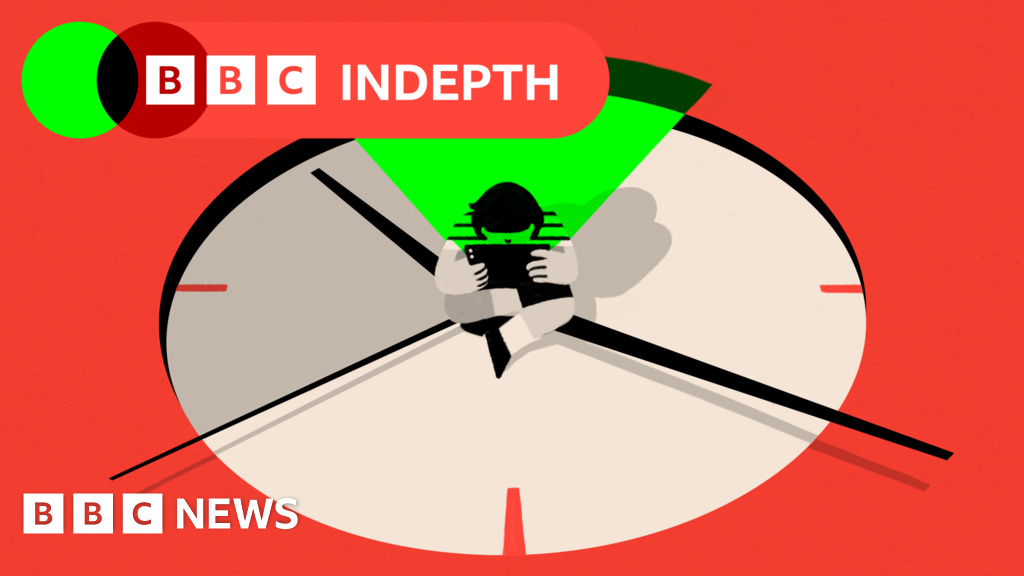Get the latest tech news
The First Widespread Cure for HIV Could Be in Children
Evidence is growing that some HIV-infected infants, if given antiretroviral drugs early in life, are able to suppress their viral loads to undetectable levels and then come off the medicine.
At the recent International AIDS Society conference held in Kigali, Rwanda, in mid-July, Alfredo Tagarro, a pediatrician at the Infanta Sofia University Hospital in Madrid, presented a new study showing that around 5 percent of HIV-infected children who receive antiretrovirals within the first six months of life ultimately suppress the HIV viral reservoir—the number of cells harboring the virus’s genetic material—to negligible levels. Children are also being viewed as the ideal target population for an even more ambitious experimental treatment, a one-time gene therapy that delivers instructions directing the body’s own muscle cells to produce a continuous stream of bNAbs, without the need for repeated infusions. While Martins also hopes that gene therapy could benefit HIV-infected adults in future, he feels it has more of a chance of initially succeeding in children because their nascent immune systems are less likely to launch what he calls an anti-drug response that can destroy the therapeutic bNAbs.
Or read this on Wired
